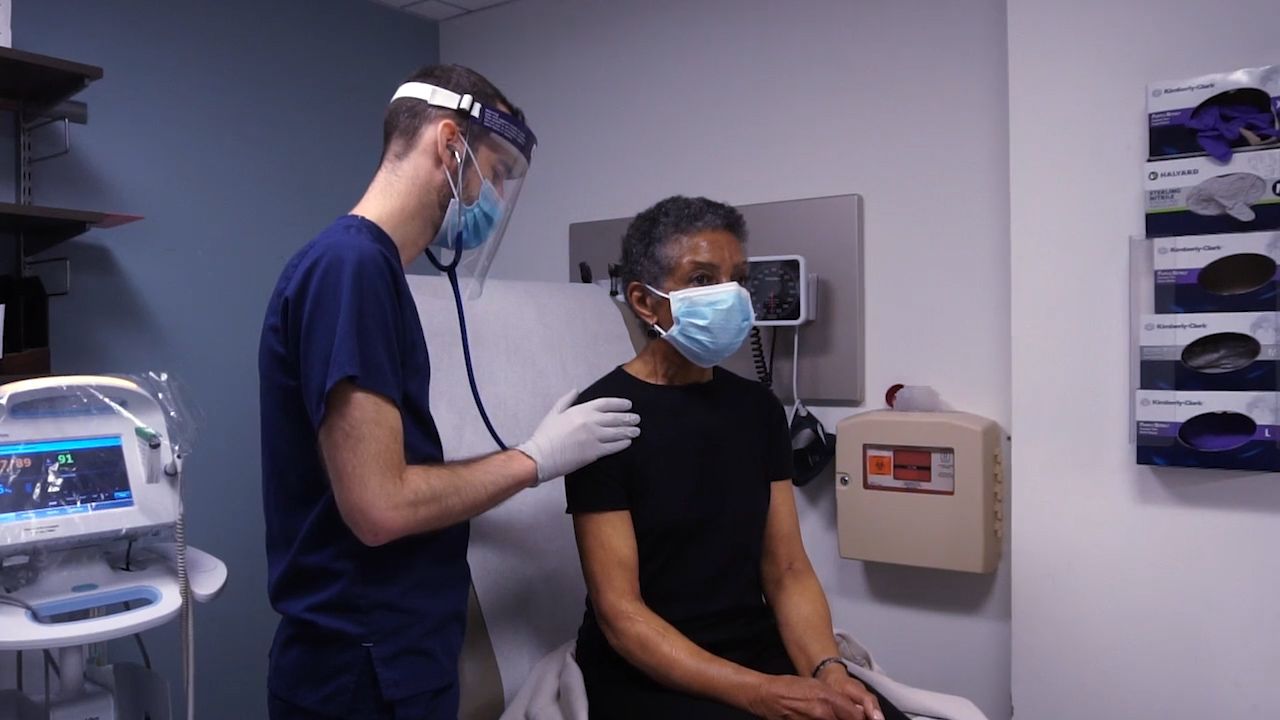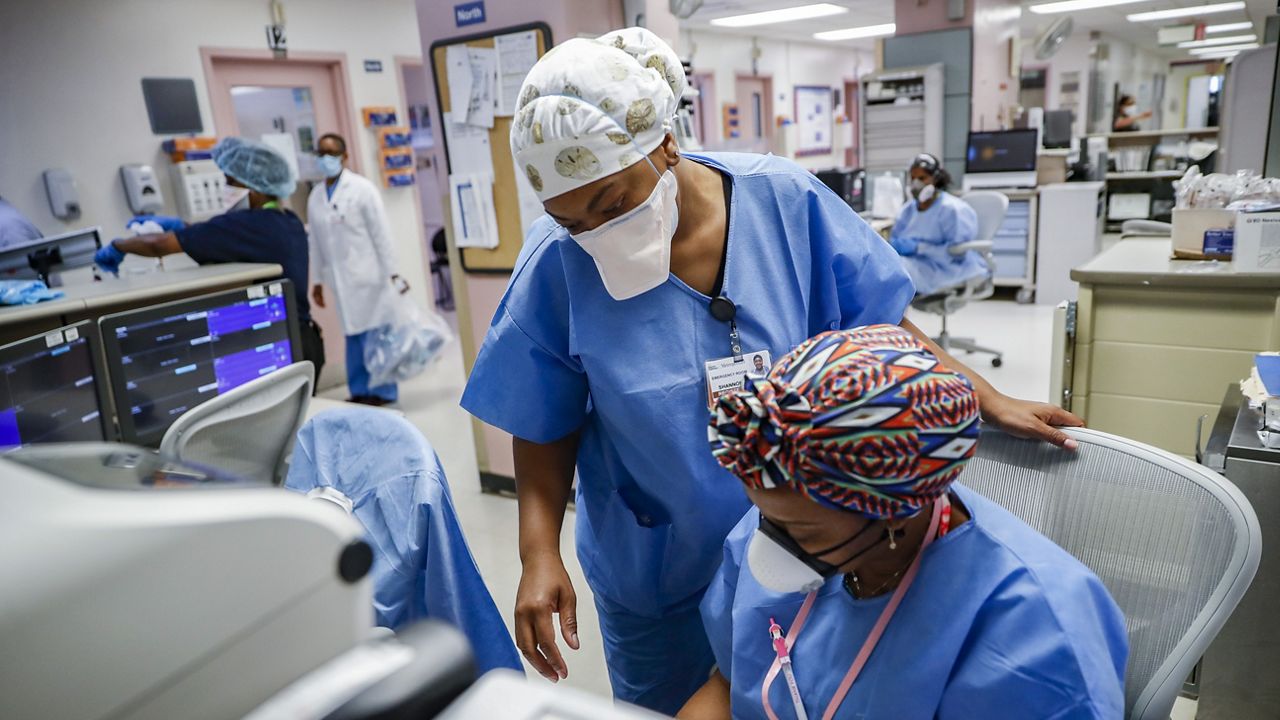TEXAS -- As the COVID-19 pandemic drags on you might have noticed your sleep has been affected. You’re not alone.
Insomnia is a condition described as an inability to fall asleep or stay asleep. It is divided into two classes based on duration: Acute insomnia is brief and may be brought on by anticipation of a significant event such as a job interview the next morning. Chronic insomnia is characterized by disrupted sleep at least three nights per week.
If you’ve experienced degraded recently it may be due to stress and anxiety brought about by the pandemic. Perhaps you’re struggling with being laid off or furloughed. Insomnia can lead to symptoms including fatigue, difficulty concentrating, low energy, mood changes and diminished performance at work or in school.
Anyone can experience insomnia, and here are a few things to try first to remedy the situation:
- Keep a consistent bedtime and wake time. Stay-at-home orders may have shifted your responsibilities and schedule around, but consistency has been show to help.
- Stay active. Try working out inside your home or outdoors as permitted.
- Check any medications you may be taking. Insomnia can be a common side effect. Check with your physician or pharmacist if you’re unsure.
- Limit or avoid naps.
- Limit or eliminate caffeine and alcohol. Limit or eliminate nicotine.
- Try to avoid large meals prior to bedtime. The same goes for large beverages.
- Remove electronic devices from the bedroom. Try to turn it into a relaxing place reserved for sleep.
- Try a relaxing activity like a warm bath prior to going to sleep. Reading or soft music might do the trick as well.
Of course, if insomnia persists it’s best to see a doctor. You may be referred to a sleep clinic for treatment.
Spectrum News anchor Dr. Nicole Cross reached out to Dr. Lisa Barber, a sleep medicine physician at Dell Children’s Hospital for steps that can promote better sleep during the coronavirus pandemic.
“It’s very easy to, without structure, become more a night owl. You’re getting a similar quantity of sleep as before, but you’re going to bed later and later,” Barber said.
According to Dr. Barber, an ample amount of sleep can support the immune system. Therefore, a good night’s sleep puts us in the best position to protect from and fight off viruses like COVID-19.
“Changing sleep habits can help improve sleep,” she added.
Watch the entire interview with Barber above, and if you want to know if you're getting enough sleep, take this short online quiz.











